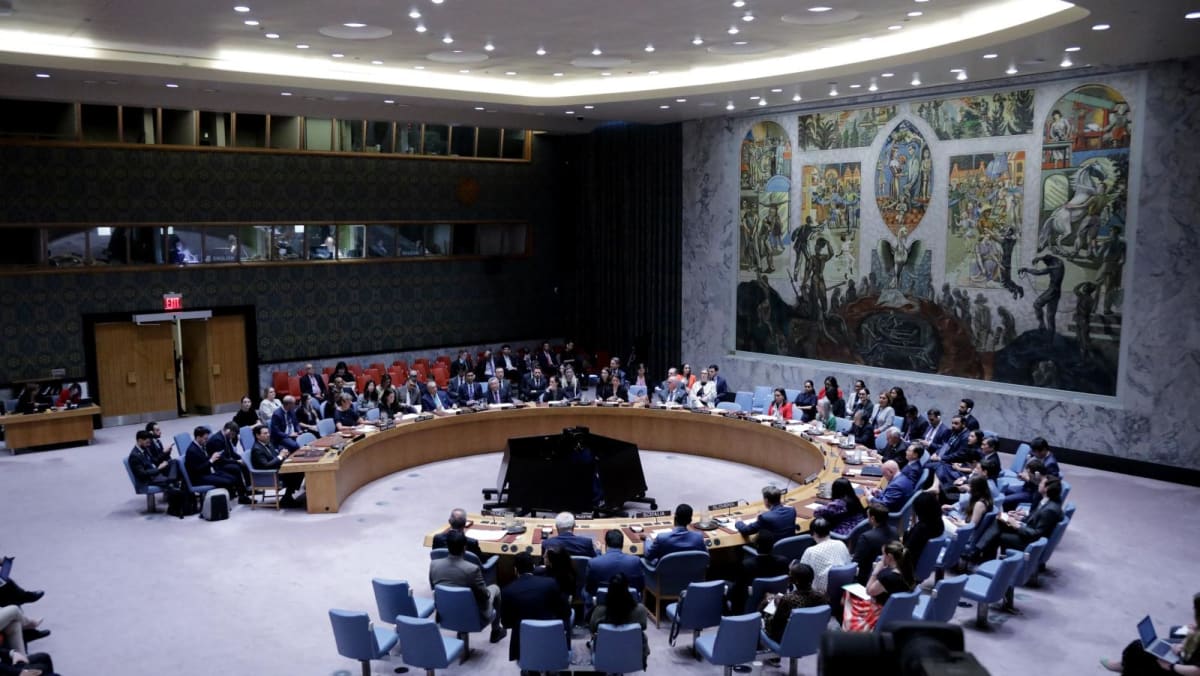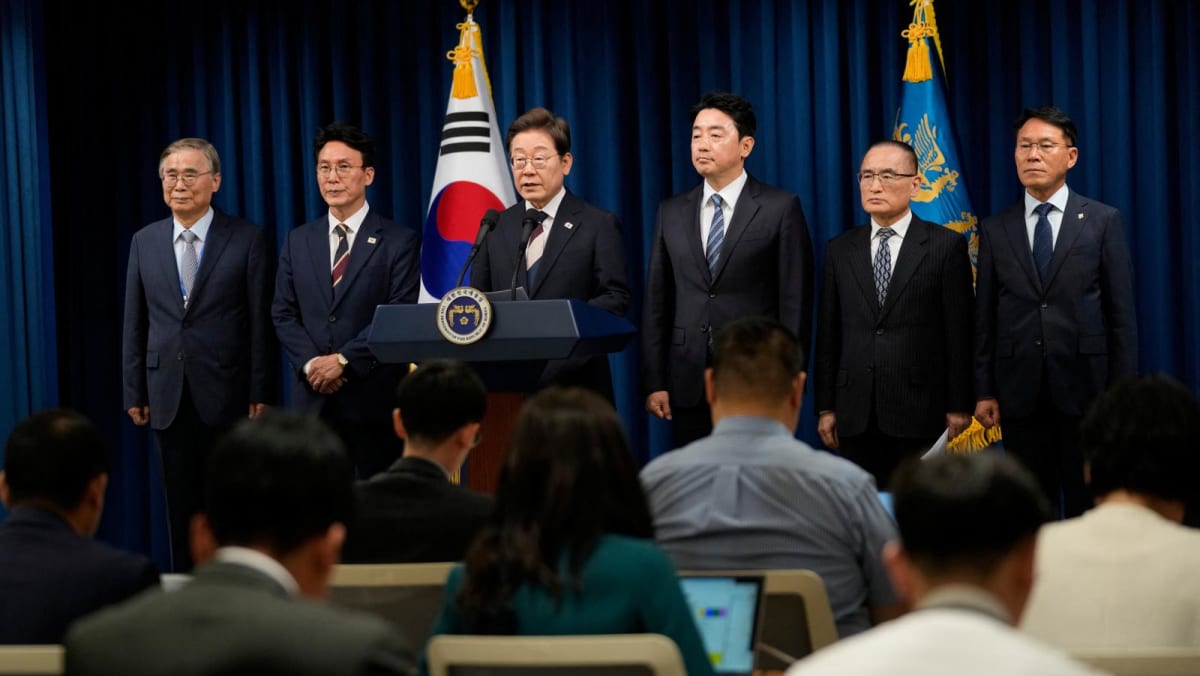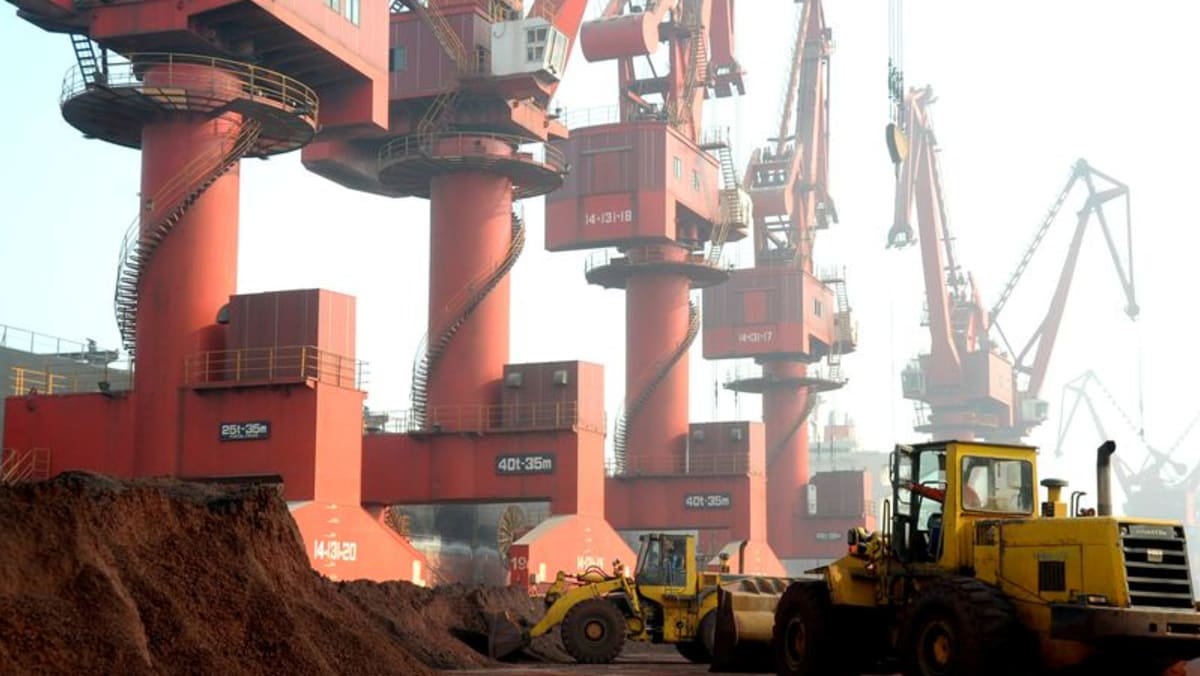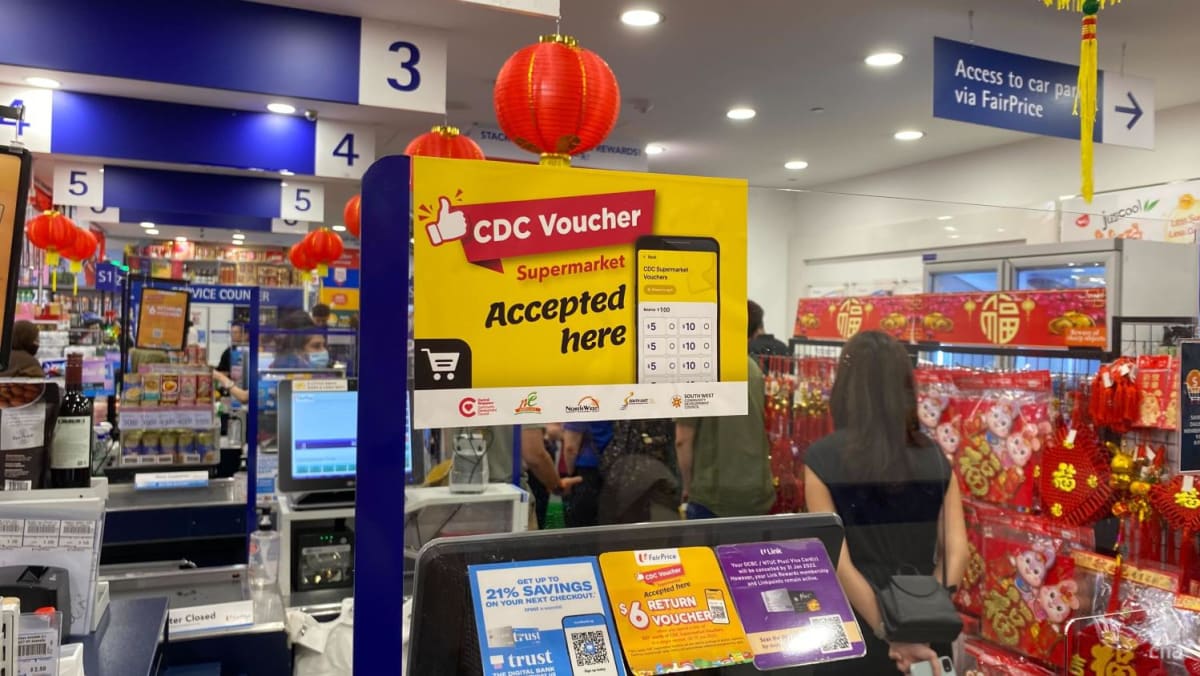HONG KONG: The United States Postal Service (USPS) said on Wednesday (Feb 5) it would accept parcels from China and Hong Kong, U-turning on an initial suspension it announced on Tuesday.
USPS' earlier halt followed President Donald Trump's ending of a trade provision used by retailers including Temu, Shein, and Amazon to ship low-value packages duty-free to the US.
"The USPS and Customs and Border Protection are working closely together to implement an efficient collection mechanism for the new China tariffs to ensure the least disruption to package delivery," it said in a statement on Wednesday.
The Trump administration imposed an additional 10 per cent tariff on Chinese goods and closed the "de minimis" exemption that allows US shoppers to avoid paying tariffs for shipments below US$800 from China.
USPS did not immediately comment on whether its temporary suspension had been tied to Trump's order ending de minimis shipments from China, which was announced on Saturday and came into force from one minute past midnight on Tuesday.
"There has really been absolutely zero time for anyone to prepare for this," said Maureen Cori, co-founder at New York-based consultancy Supply Chain Compliance.
"What we really need is direction from the government on how to handle this without warning or notice."
Currently, de minimis parcels are consolidated so that customs can clear hundreds or thousands of shipments at once, but they will now require individual clearances, significantly increasing the burden for postal services, brokers and customs agents, said Cori.
The provision was initially intended as a way to streamline trade, and its use has surged with the increase in online shopping.
About 1.36 billion shipments entered the US using the de minimis provision in 2024, up 36 per cent from 2023, according to US Customs and Border Protection data.
GREATER SCRUTINY
Logistics provider Easyship warned clients who regularly send sub-US$800 shipments to the US that they are likely to face much greater scrutiny and advised them to set up distribution centers within the country or partner with a local warehouse or US fulfillment center.
Some other international couriers including FedEx and SF Express, China's largest express delivery company, said they will continue to send packages to the US.
But FedEx said it had suspended its money-back guarantee for US-inbound shipments effective Jan 29, citing recent regulatory changes, according to a notice on its website.
Deutsche Post-owned DHL said it was working to avoid disruption to supply chains and limit negative impacts on customers and consumers.
Fast-fashion retailer Shein and online dollar-store Temu, both of which sell products ranging from toys to smartphones, have grown rapidly in the US thanks in part to the de minimis exemption.
The two firms together likely accounted for more than 30 per cent of all packages shipped to the US each day under the de minimis provision, the US congressional committee on China said in a June 2023 report, that also found nearly half of all packages shipped under de minimis come from China.
Shein and Temu did not immediately reply to requests for comment.


















































